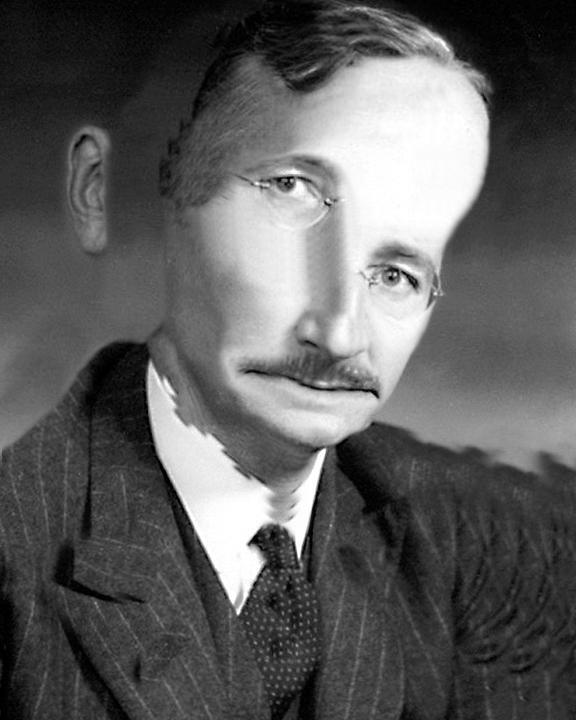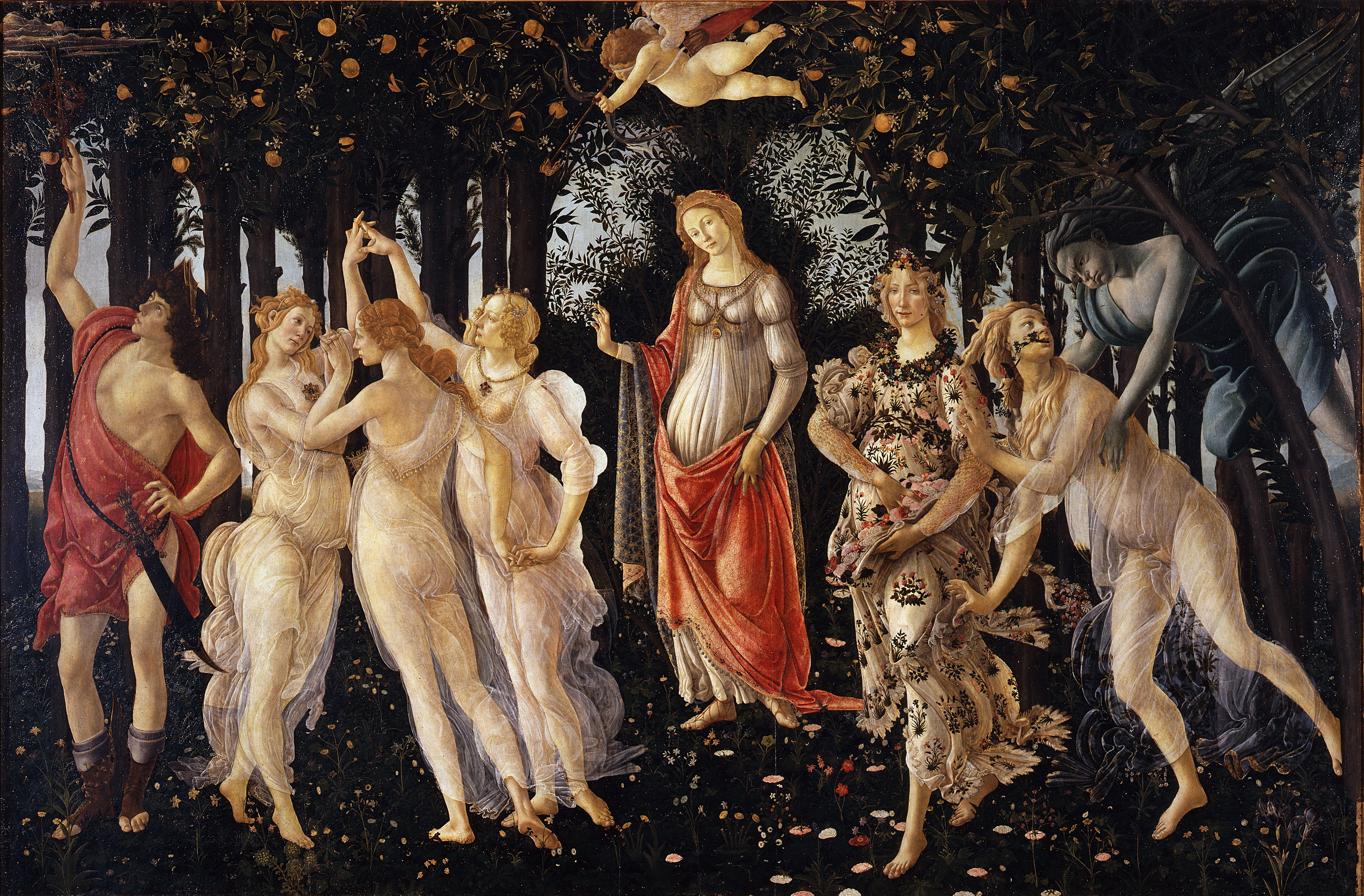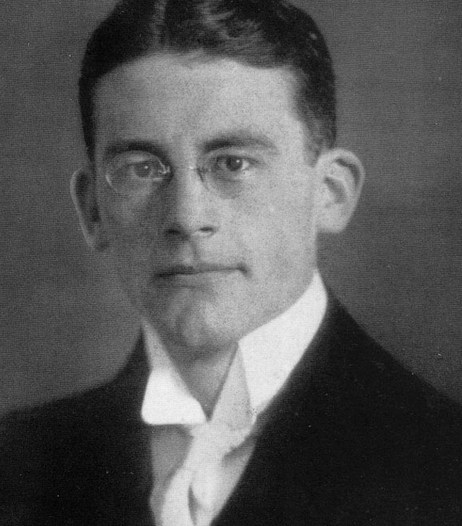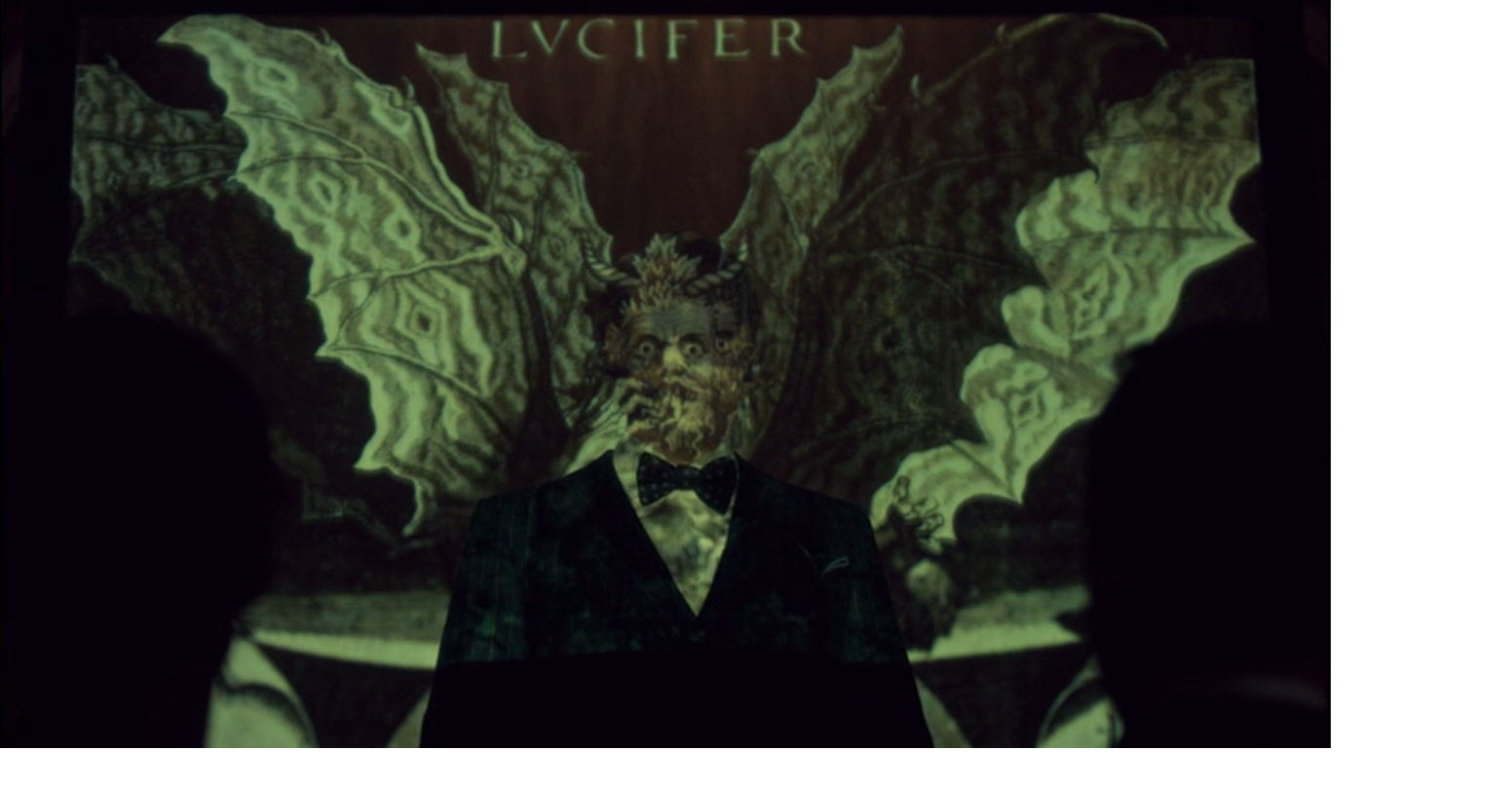 The early Austrian School was actually subject to a split. It stemmed from the first wave of the followers of its founder Carl Menger. Mengerians Friedrich von Wieser and Eugen von Philippovich were both a bit like Fabian socialists in their outlooks. Wieser, for instance, seems to have believed that marginal utility (the radically subjective basis of modern mainstream economics) provided a theoretical foundation for progressive taxation. But Wieser’s brother-in-law and fellow teacher, Eugen von Böhm-Bawerk, was of the classical liberal tradition. Böhm-Bawerk was a strident anti-Marxist who developed many of his own theories – which became foundational to the subsequent Austrian School – in the course of his criticisms of Marx. Böhm-Bawerk is still routinely credited by some with having demolished Marx… which he accomplished by systematically misreading, misunderstanding, and misrepresenting him.
The early Austrian School was actually subject to a split. It stemmed from the first wave of the followers of its founder Carl Menger. Mengerians Friedrich von Wieser and Eugen von Philippovich were both a bit like Fabian socialists in their outlooks. Wieser, for instance, seems to have believed that marginal utility (the radically subjective basis of modern mainstream economics) provided a theoretical foundation for progressive taxation. But Wieser’s brother-in-law and fellow teacher, Eugen von Böhm-Bawerk, was of the classical liberal tradition. Böhm-Bawerk was a strident anti-Marxist who developed many of his own theories – which became foundational to the subsequent Austrian School – in the course of his criticisms of Marx. Böhm-Bawerk is still routinely credited by some with having demolished Marx… which he accomplished by systematically misreading, misunderstanding, and misrepresenting him.
The split was transmitted. Böhm-Bawerk was Mises’ teacher, and Mises became fanatical in his rejection of state intervention (except when he wasn’t… it’s complicated). Wieser was Hayek’s teacher, and Hayek is still thought by some hardliners to have been almost a socialist owing to his ability to countenance some welfare measures. Hayek also believed a state was necessary… which makes him a cuck by anarcho-capitalist standards. In Ancaptopia, law and order would be seen to by private security firms. The principle task of ‘law and order’ (as capitalism sees it) being the protection of private property, we’d actually be talking about capitalists with private armies. Which… would be great, obviously.
Initially, Hayek leaned in Wieser’s direction, apparently having one of those quintessential left-wing ‘phases’ in youth that inoculates a certain kind of person for life. (You could say the same about the Austrian School as a whole.)
Hayek then became Mises’ employee and protege, and drifted in the direction of Mises ideas, though he claimed he was never completely won over… which can be seen in his rejection of outright praxeology in favour of Popperian empiricism.
Despite being the prime mover behind early neoliberalism, an ideology devoted to attacking social provision, Hayek never completely abjured every possible form of welfare state. In the third volume of Law, Legislation, and Liberty (published in 1979, a long time after his youthful socialist phase) he makes noises about how Universal Basic Income may even be “a necessary part of the Great Society”. (Indeed, Milton Friedman the monetarist also refused to completely rule out some form of provision for the poor. His ‘Negative Income Tax’ proposals are testament to that.)
But then neoliberalism does not, and will not, eliminate all social provision. I think the neoliberals – the saner ones anyway – understand that you can’t actually have functioning modern capitalism unless there is a state that takes on some of the burden of making sure capital has a surviving workforce. The insistence upon eliminating welfare is a tactical ideological aim more than an actual plan. And many thoroughgoing neoliberals will defend social provision of some kind, as indeed did Hayek and Friedman, etc.
As has been noted by many left-commentators, neoliberalism is not actually anti-state except with reference to the state’s capacity to exercise any semblance of public control over capital flow.…
Continue Reading

 PRIMAVERA: Hoo boy. OK, so the course of an Italian menu between antipasto and secondo is supposed to be “primo.” This is often a pasta course, but can also be a risotto, a soup, or some similar hot course. One such dish certainly could be pasta primavera, which is a pasta and vegetable dish that takes its name from the Italian word for spring, which is “primavera.” This dish, however, is not actually Italian – it’s an American dish dating to the 1970s and likely first prepared in Nova Scotia. And more to the point, “primavera” on its own is not actually a food word at all. In fact this episode belongs more to the titling scheme of the second half of the season, as we’ll see in a bit.
PRIMAVERA: Hoo boy. OK, so the course of an Italian menu between antipasto and secondo is supposed to be “primo.” This is often a pasta course, but can also be a risotto, a soup, or some similar hot course. One such dish certainly could be pasta primavera, which is a pasta and vegetable dish that takes its name from the Italian word for spring, which is “primavera.” This dish, however, is not actually Italian – it’s an American dish dating to the 1970s and likely first prepared in Nova Scotia. And more to the point, “primavera” on its own is not actually a food word at all. In fact this episode belongs more to the titling scheme of the second half of the season, as we’ll see in a bit.
 A year (or so) ago, the unthinkable happened. So, of course, we podcasted about it.
A year (or so) ago, the unthinkable happened. So, of course, we podcasted about it. At long last, here is the first episode of a new strand of the ‘Wrong With Authority’ podcast supergroup, in which we (sadly we were Murphyless this time, but we expect to be fully Jamesed-up in future episodes) record commentaries on the movies that shaped and misshaped us, movies released between the first inaugurations of Ronald Reagan and George Bush the Elder.
At long last, here is the first episode of a new strand of the ‘Wrong With Authority’ podcast supergroup, in which we (sadly we were Murphyless this time, but we expect to be fully Jamesed-up in future episodes) record commentaries on the movies that shaped and misshaped us, movies released between the first inaugurations of Ronald Reagan and George Bush the Elder. Okay, so Phil is now editing the full text of the Austrians essay for
Okay, so Phil is now editing the full text of the Austrians essay for 
 ANTIPASTO: And so we move to Italian cuisine for seven episodes. Antipasto is the starter course, distinct from the amuse bouche or sakizuki in that it is a heavier dish, often with cold meats, as befits this unusually dense premiere.
ANTIPASTO: And so we move to Italian cuisine for seven episodes. Antipasto is the starter course, distinct from the amuse bouche or sakizuki in that it is a heavier dish, often with cold meats, as befits this unusually dense premiere. The early Austrian School was actually subject to a split. It stemmed from the first wave of the followers of its founder Carl Menger. Mengerians Friedrich von Wieser and Eugen von Philippovich were both a bit like Fabian socialists in their outlooks. Wieser, for instance, seems to have believed that marginal utility (the radically subjective basis of modern mainstream economics) provided a theoretical foundation for progressive taxation. But Wieser’s brother-in-law and fellow teacher, Eugen von Böhm-Bawerk, was of the classical liberal tradition. Böhm-Bawerk was a strident anti-Marxist who developed many of his own theories – which became foundational to the subsequent Austrian School – in the course of his criticisms of Marx. Böhm-Bawerk is still routinely credited by some with having demolished Marx… which he accomplished by systematically misreading, misunderstanding, and misrepresenting him.
The early Austrian School was actually subject to a split. It stemmed from the first wave of the followers of its founder Carl Menger. Mengerians Friedrich von Wieser and Eugen von Philippovich were both a bit like Fabian socialists in their outlooks. Wieser, for instance, seems to have believed that marginal utility (the radically subjective basis of modern mainstream economics) provided a theoretical foundation for progressive taxation. But Wieser’s brother-in-law and fellow teacher, Eugen von Böhm-Bawerk, was of the classical liberal tradition. Böhm-Bawerk was a strident anti-Marxist who developed many of his own theories – which became foundational to the subsequent Austrian School – in the course of his criticisms of Marx. Böhm-Bawerk is still routinely credited by some with having demolished Marx… which he accomplished by systematically misreading, misunderstanding, and misrepresenting him.